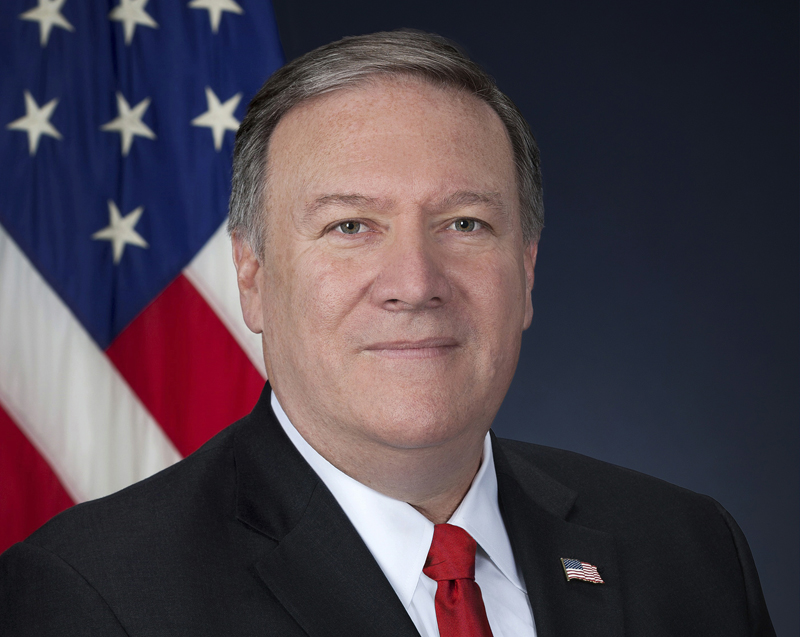Canada To Be Final ‘Five Eyes’ Member To Exclude Huawei – Report

Fifth member of intelligence-sharing group delays formal decision, effectively forcing Canadian operators to exclude Huawei 5G equipment
Canada has become the final member of the ‘Five Eyes’ intelligence sharing group to ‘unofficially’ exclude Huawei Technologies from 5G networks.
Although the North American country has not officially blocked Huawei from its 5G networks, it has effectively done just that by delaying a decision long enough to force local operators to exclude Huawei equipment Reuters reported, citing six well-placed sources with direct knowledge of the matter.
It comes after a long campaign by the United States to pressure its allies to ban Huawei 5G equipment, which included a warning about future intelligence sharing. In 2019 US secretary of state Mike Pompeo publicly warned that the US “may not be able to operate in certain environments if there is Huawei technology adjacent to that”.

Five Eyes Ban
It should be remembered that the ‘Five Eyes’ intelligence-sharing network consists of the USA, UK, Canada, Australia and New Zealand.
Australia had already banned the use of Huawei telecom equipment as far back as 2012, and in 2018 that country included Huawei’s 5G equipment in that ban.
New Zealand also rejected Huawei 5G kit in that same year.
The UK took much longer to reach a complete ban, partly because Huawei was already well entrenched, having supplied gear to UK mobile phone companies for two decades.
In January this year, the British government decided it would limit Huawei to 35 percent of the country’s 5G network, while restricting it from sensitive “core” areas such as military and nuclear sites.
But the US continued its pressure on the UK government, and in May this year America imposed further sanctions on Huawei, which led to an assessment by the UK National Computer Security Centre (NCSC) that the use of Huawei gear now posed an unacceptable security risk.
That lead to Prime Minister Boris Johnson in mid July 2020 to order all Huawei equipment to be purged completely from Britain’s 5G network by 2027.
Canada 5G
That left Canada, which has yet to make an official decision about Huawei in 5G consumer networks, although it already had prevented the Chinese vendor from being involved with the construction of a government communications network.
According to the Reuters report, Canada has been mulling whether to ban the firm’s 5G for the better part of two years, and has ignored increasing signs of industry impatience.
In June, two of the biggest Canadian mobile operators – Bell Canada and Telus – signed up with Sweden’s Ericsson and Finland’s Nokia to build 5G networks, dropping Huawei despite using its kit for their 4G networks.
“The absence of a solution will eventually settle all problems,” said a source directly familiar with the approach taken by the Canadian government of Prime Minister Justin Trudeau.
It should be noted that Canada’s other large mobile operator, Rogers Communications, had announced in 2018 it was using Ericsson 5G equipment.
Operators in Canada feel the US sanctions mean they have no choice but to sideline Huawei in 5G networks, at least for now, the sources told Reuters.
“They’ve done the political calculus and said ‘The best thing for us is to do nothing and if we do nothing we don’t upset the Chinese, we don’t upset the Americans’,” said a source familiar with what government officials are saying.
Frosty relationship
Canada already has a very tense relationship with China, thanks to its arrest (on behalf of the United States) of Huawei’s CFO Meng Wanzhou for alleged sanctions busting with Iran.
In response, Chinese authorities arrested two Canadians (Michael Spavor and Michael Kovrig) and charged them with spying.
“If it weren’t for the two Michaels, Canada would have already said it would not be using Huawei 5G technology,” a diplomatic source told Reuters. Government officials deny the fate of the two men are linked to 5G.
Meanwhile another Canadian, Robert Lloyd Schellenberg, who was jailed for drug smuggling, has also been sentenced to death. He is currently appealing.
In addition, China has halted imports of canola seed and meat products from Canada.
In January 2019, China had warned Canada there would be ‘repercussions’ if it decided to ban the use of 5G equipment from Huawei on security grounds.
But bans like this are nothing new.
In 2013 for example it was reported that British intelligence agencies, as well as those of Australia, the US, Canada and New Zealand, had banned Lenovo computers.
Canada meanwhile will one day make an official decision about Huawei, and Reuters reported that two other people who have consulted with Canadian officials say they think it is only a matter of time before Ottawa unveils a ban.